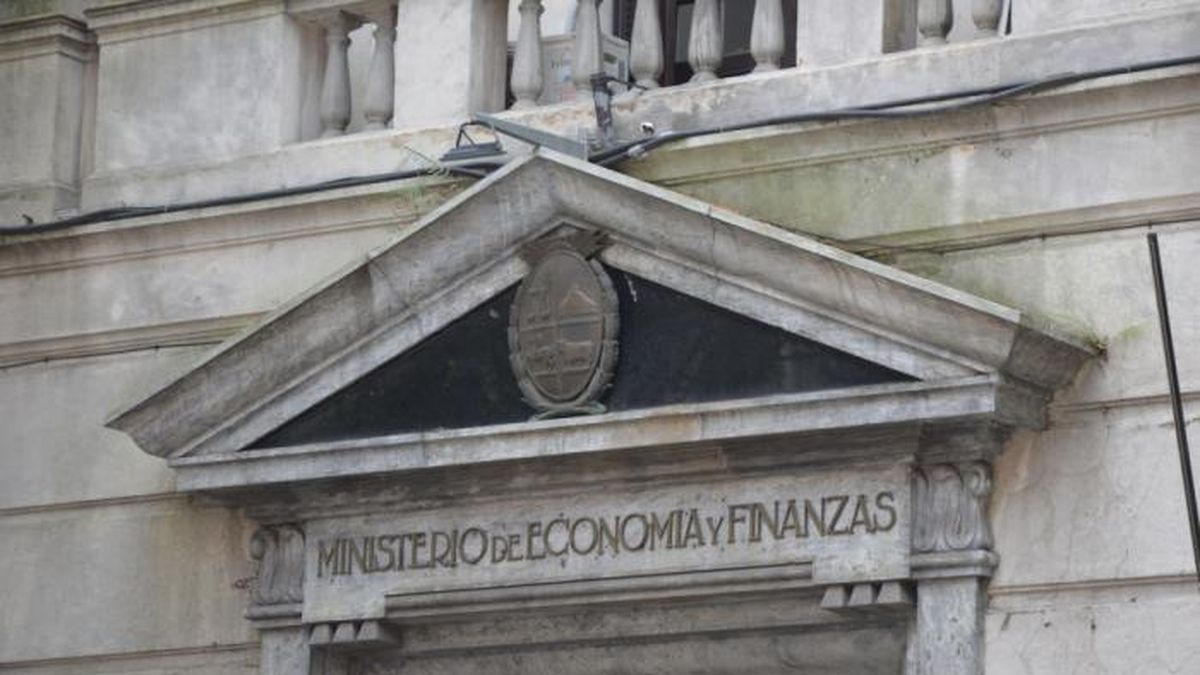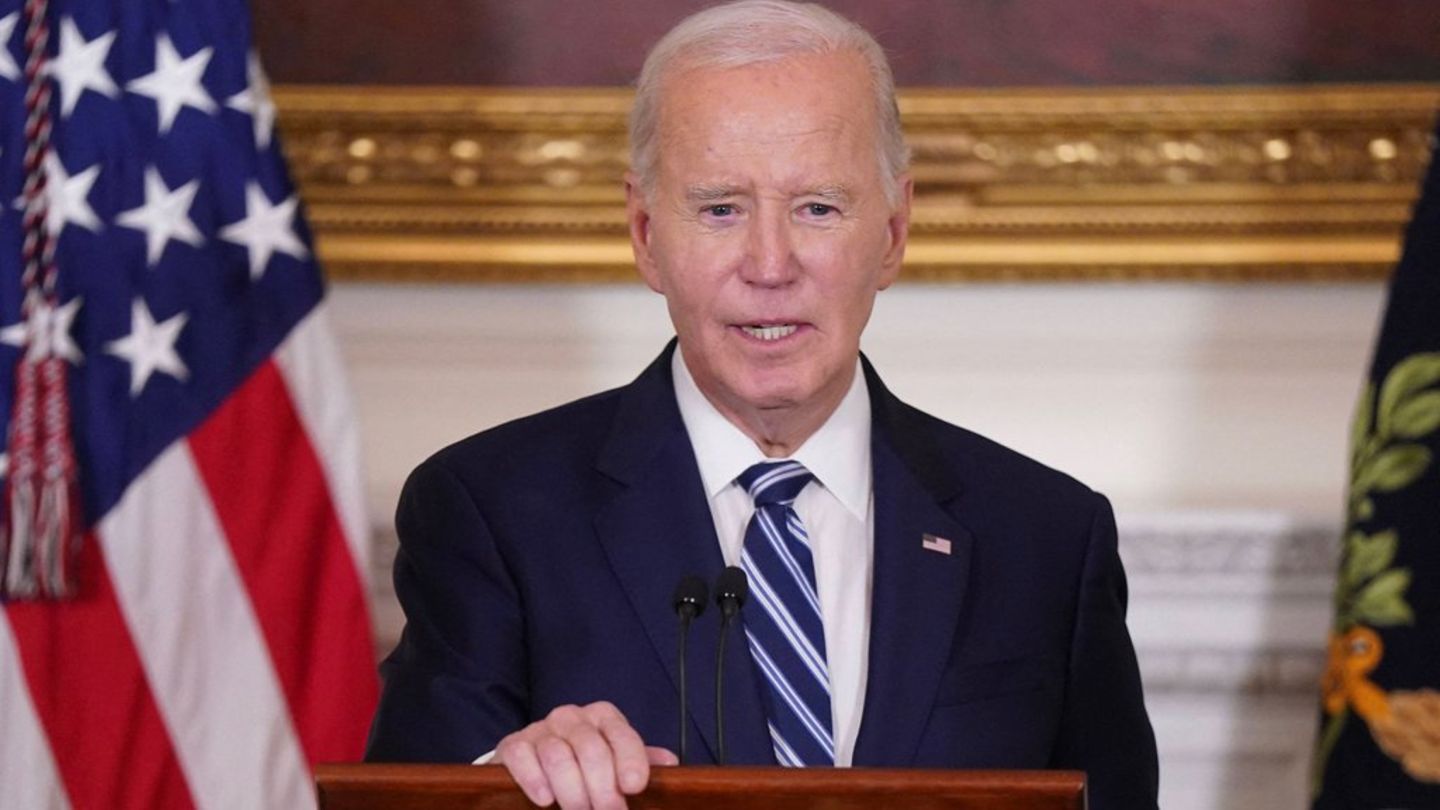He fiscal deficit remained at 3.2% in January without counting income at Social Security Trust (FSS), according to the Public Sector Result report published today on Ministry of Economy and Finance (MEF).
This is a good sign for the government, which plans to conclude the administration with a deficit of around 3%, according to the update of the goals presented days ago by the minister Azucena Arbeleche, based on the expected decrease in inflation.
The report also reflected that in the twelve months ended January 2024, the result of the Central Government – Social Security Bank (GC-BPS) stood at 3.1% of GDP. Meanwhile, the result of Global Public Sector (SPG) was 3.6% of GDP, while after adjusting for the FSS effect it stood at 3.7% of GDP.
In turn, the income of the GC-BPS stood at 26.5% of the GDP, increasing 0.1% due to higher income at the level of BPS, while primary discharges from the GC-BPS remained at 27.2%. In addition, the GC-BPS interest payment stood at 2.4% of GDP, increasing 0.1% compared to the previous month.
The result of the public accounts
On the other hand, the MEF report specified that the result of the Public enterprises (EEPP) stood at 0% of GDP, improving 0.1% compared to last month.
Regarding the result of the Non-monetary Public Sector (SPNM), stood at 2.9% of GDP in January, decreasing 0.2%. And excluding FSS income, the fiscal result was 3%. For its part, the overall result of the Central Bank of Uruguay, It stood at 0.7% of GDP, decreasing by 0.1%.
The 2024 elections can influence the fiscal result
The election year can compromise the result of the fiscal deficit, According to a report published by the Catholic University of Uruguay (UCU), based on the evolution of the indicator in the electoral cycles.
The survey compared the result of the previous year to the elections 2024 and compared it with the average of previous administrations since the return of democracy. “In general, governments adjust when they take over and de-adjust before leaving,” the authors noted.
From the study it emerged that the best fiscal year of a government is the third and the worst is the fifth, while the average fiscal deterioration is 1.3% of the GDP. “If the government is excluded from Jorge Batlle, which was the only one in which this norm was not met (the fiscal result improved by 2.1% of GDP between years three and five), the average deterioration of the other six governments is 1.9%,” indicated the report.
Source: Ambito




